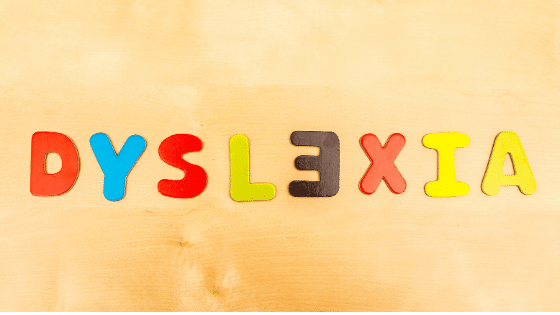I always wanted to learn more about dyslexia and how to best help students who have it. I am not a primary or secondary school teacher, but I have had many students for private lessons and at university level with dyslexia. Generally speaking, I believe that what all learning difficulties have in common is that they are “invisible”, not easy to identify yet remain stigmatised by society. Another driving force behind my motivation to do this course, apart from my desire to improve as a teacher for my students with dyslexia, is the fact that I am a language teacher and I have encountered too many cases of students being told to drop languages because of their dyslexia. In my experience dyslexia should not prevent you from learning anything, not least languages.
Learning more about dyslexia with ICEP has provided me with tools that further confirm this. One of the strongest points of the course is the way in which the content is divided. The course is equally suited for people who might know already about dyslexia and for those who are entirely unfamiliar with the topic. The course includes everything from the nature of dyslexia, to its history, definition, assessment, identification as well as interesting facts about dyslexia and it does it all, in an engaging manner. Plus, it also has a module on effective strategies to be applied in the classroom. Truly complete. In my case, and I guess this is different for every individual, what I have taken away from the course is: first, that the basis and nature of dyslexia could explain the level of stigmatisation that still occurs in society today, and that needs to be changed [i.e. dyslexia is NOT a disability]; and second, I take with me a varied amount of reading strategies that I can apply to the second language classroom. The course includes link to websites and materials that allow you to further investigate the specific aspect that you might be more interested in.
Things that have surprised me even though I suspected them, is perhaps the fact that dyslexia has a strong cultural factor: it might occur more strongly in language systems that have more complex and numerous ways to spell words like English for example. One more aspect of dyslexia that I have learnt in the course is the awareness that not all dyslexia students present with the same difficulties and that more often than not dyslexia overlaps with other learning difficulties, such as dyspraxia or dyscalculia. All in all, the dyslexia course with ICEP has strengthened my belief that all students learn in a very different way, and that not all teaching strategies work for everyone. And, as teachers/educators we should think outside the box and adapt to each student – or at least try – and not the other way around. Students with learning difficulties might struggle with mainstream learning and academic concepts given the “one size fits all” approach to teaching of the education system. But it is only when teachers, parents and society overall understand, accept and embrace those differences that the student excels and learning occurs.
Dr. Nadia Albaladejo Garcia
If you are interested in this course, you can find out more here. We run four terms each year, Spring, May/June, Summer & Autumn.




